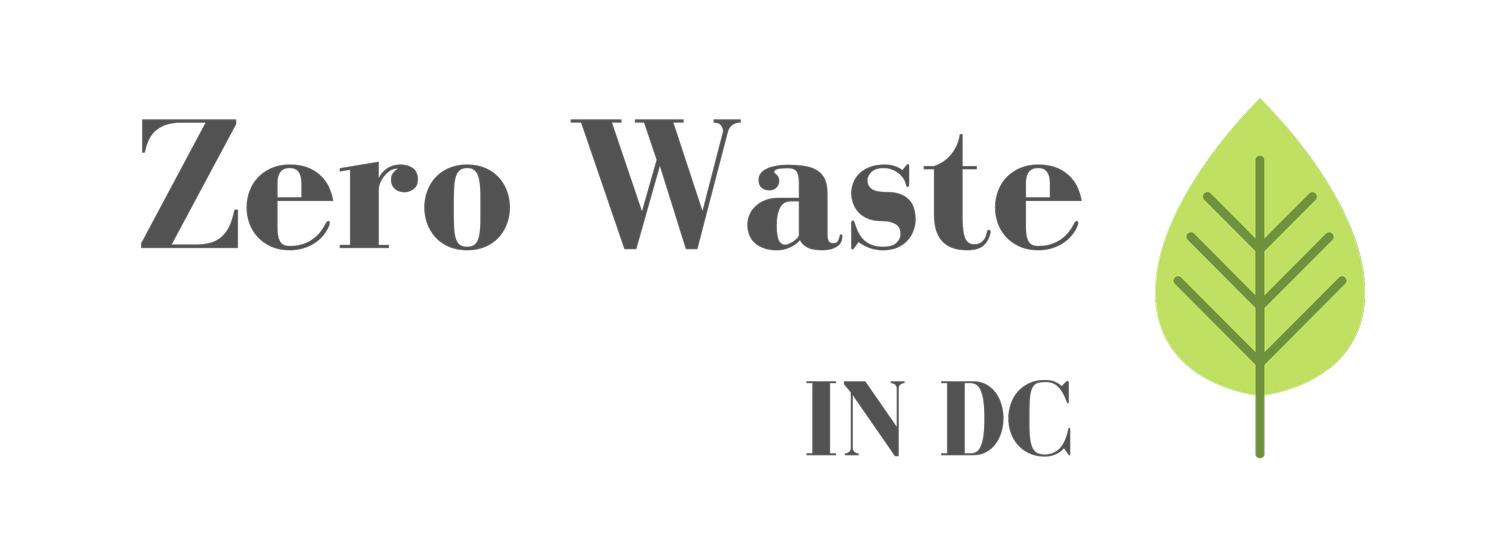The Magic of Composting
Illustration by Suzanna Stapler of Blushing Planet.
There are few things that have been more personally satisfying to me over the past few years than beginning to compost.
Why? Because I only recently learned about the significant link between climate change and food waste. And I realized I could do something about it.
When food ends up in the landfill and rots, it produces methane, a very powerful greenhouse gas. Composting avoids the methane emissions and produces the nutrient-rich “black gold” that is so treasured by gardeners. It’s like magic.
Imagine: I was leading climate change efforts at the private sector arm of the World Bank focused on financing energy efficiency and renewable energy projects and I was unaware of the magnitude of the food waste problem.
Globally, wasted food accounts for about 8 percent of global emissions, according to Project Drawdown, and most food waste occurs at the household level. The carbon footprint of food wasted in the U.S. is greater than that of the steel or airline industry.
I might not have control over how many flights I have to take for business trips, but composting is something I can manage.
Even if you eat all the food you buy—and we are much better about this now in our own home—there is always inevitable food waste. Think: apple cores, carrot peels, and coffee grinds.
It was truly exciting to learn I could tackle this problem pretty easily. I’m going to give you five options for your consideration.
1. If you are hesitant about starting (I was downright intimidated), see if there is a compost pick-up service in your area. In the DC region, we are lucky to have at least three compost companies that do weekly pick-up for a small fee: Compost Cab, Compost Crew and Veteran’s Compost.
2. If you are hesitant about starting AND you don’t want to pay a fee, search online for compost drop-off options. You can collect your compostables and store them in the fridge or freezer until you’re ready to drop them off.
Again, in DC we are lucky as there are compost drop-off sites in every ward in the city. See DC Dept. of Public Works farmers' market drop-off program. You can also join a compost cooperative. See DC Dept of Parks & Rec Compost Cooperative Network.
If you don’t have these options provided in your city, there are some great apps that can help you find drop-off opportunities in your area. Try looking up litterless.com or sharewaste.com. The latter is like a dating app for composting. It matches composters with those needing to get rid of their compostables.
3. If none of the above are available, ask whether any friends know of community gardens that collect food scraps. A last resort is to Google “master gardener near me.” These folks can almost always direct you to local composting options.
4. If you have some backyard space and want to go a step further, you can create your own compost system. “System” sounds elaborate and complicated. In fact, it’s a matter of finding a small space to give your food scraps a chance to decompose with the help of heat, moisture and air. Compost bins come in dozens of varieties and are a small investment.
In Washington, DC residents can qualify for a rebate of up to $75 on a home composting bin if they take a composting training course. More info is here on the City's program: https://zerowaste.dc.gov/homecomposting.
In my case, my friends built me this open-air compost bin from used wooden pallets. I love it. We collect our compostable food scraps in a lidded stainless steel bin we store under the kitchen sink and, once it’s full, we take it to the outside compost bin. To avoid rodents, I drop off certain food scraps (pasta, bread, rice) at the free compost drop-off at a nearby farmers’ market.
5. If you want to compost on your own but don’t have outdoor space available, consider one of the many small indoor compost systems. And for other ideas, check out the most recent blog on composting from The Honest Consumer.
Finally, if you start composting and you love it as much as I do, tell all your friends. Your enthusiasm will be contagious and you have a decent chance of converting others. You’ll feel good that you are not only drastically reducing your own carbon footprint, but influencing others to do so as well.
I get a very big smile on my face when I hear someone say: “Guess what, Stephanie? I’ve started composting!”
So, this month’s challenge: take up one of the composting options above. Or, if you already compost, tell others about it. Composting is not just for gardeners. Let’s normalize it!
Note: Every month, I will be setting down a Let’s Normalize This challenge featuring artwork by Suzanna Stapler of Blushing Planet. Suzanna is an illustrator / science communicator with a passion for planets (Earth especially) and creative, sustainable living. We’re excited to team up and spread the word to cultivate sustainable practices.



